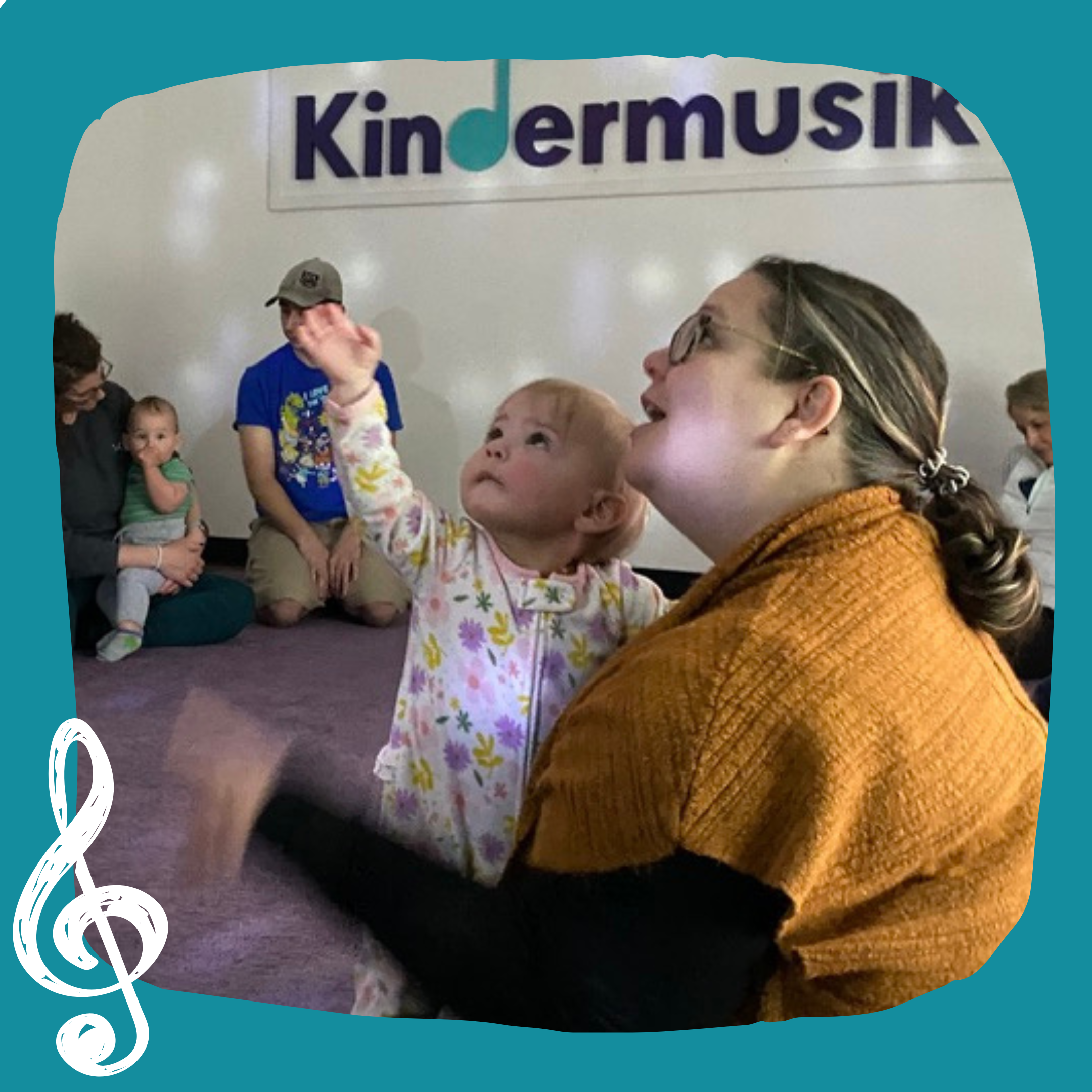The Magic of Quiet Time
At the end of every Kindermusik we pause for a few minutes to enjoy unstructured Quiet Time. We listen to some calm, gentle music and allow children and their grownups to rock or snuggle.
Why is Quiet Time such an important part of our Kindermusik class routine, and why should you make it a part of your daily routine at home?
1. The ability to consciously relax is an acquired skill. As grownups relax all their muscles, breathe deeply, and even close their eyes, their child’s mirror neurons are seeing all of this and imitating those actions, instantly bringing down their own energy level. Better yet, the child’s nervous system is learning that these strategies - deep breathing, physical relaxation - can be used when they need to shift their emotional or energetic state to cope with a stressful situation, or simply when they’re ready for a nap. This is a huge component of emotional regulation!
2. Quiet time is also a wonderful opportunity for strengthening those parent-child bonds. Research has shown that the formation of strong bonds between a child and their parents at a young age results in greater emotional development, greater self-esteem and self-worth, and an increased ability to handle stressful situations later in life.
3. Young children need downtime so their brains can process the vast amounts of information bombarding their senses. Consider this: a three-year-old’s brain is three times more active than a college student’s brain! That little noggin simply needs a little down time to process everything.
4. Quiet time instills a love of various types of music and imparts the notion that music is a powerful emotional device. Some songs are calming, some are energizing; some bring back memories, some motivate us. Someday, your little one will turn on some gentle music at the end of a stressful day in order to unwind, and his or her thoughts might even wander back to a similar gentle song heard while rocking with you at the end of Kindermusik class!
Join us in Kindermusik, and discover the magic of quiet time firsthand!

